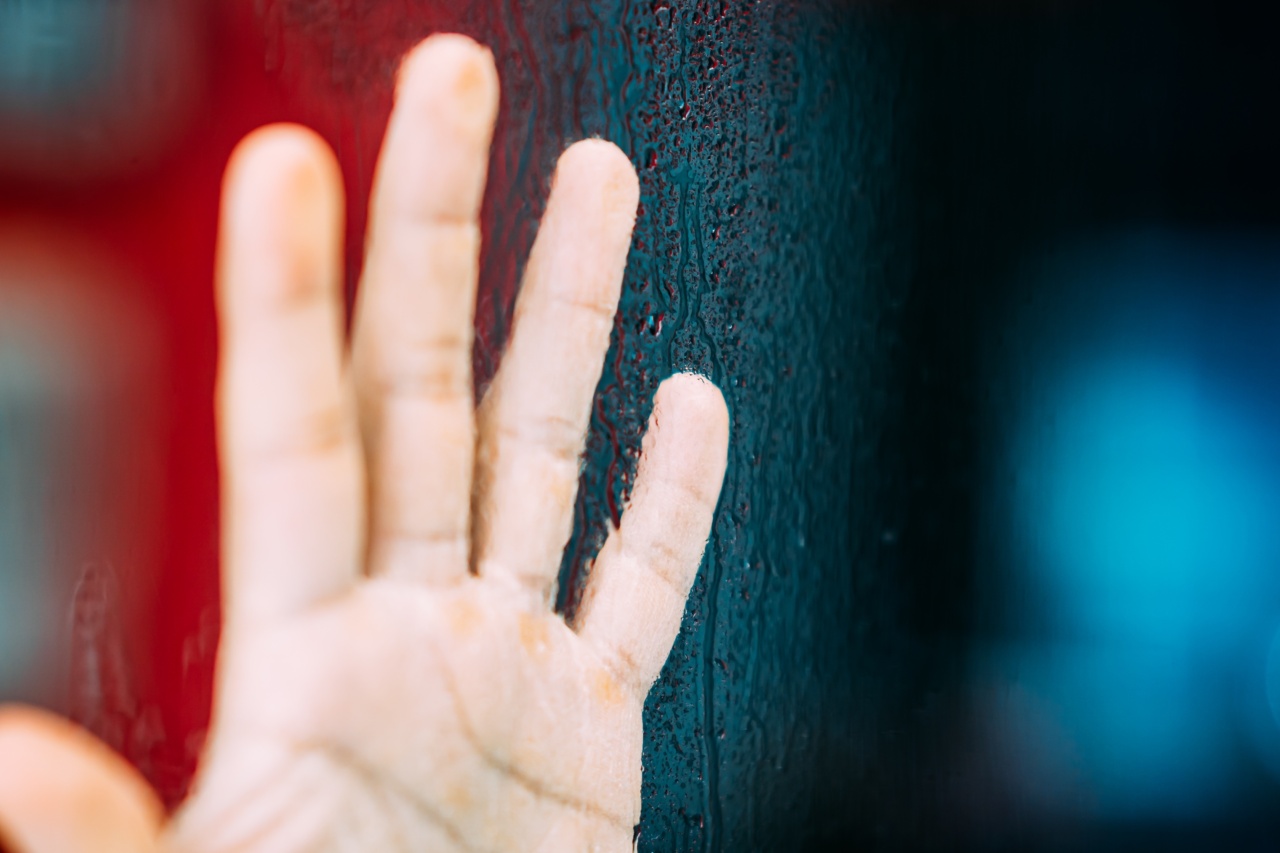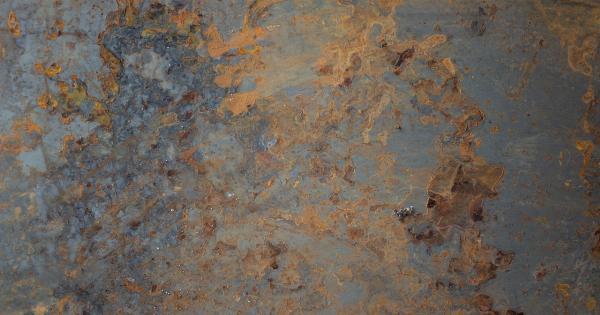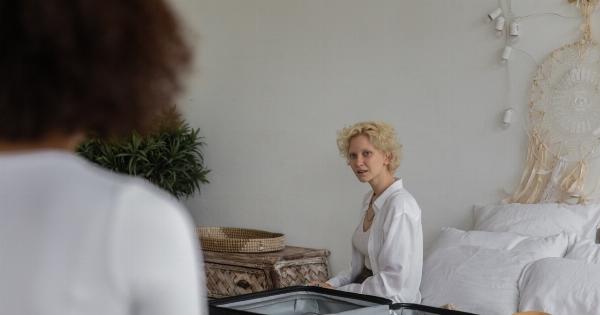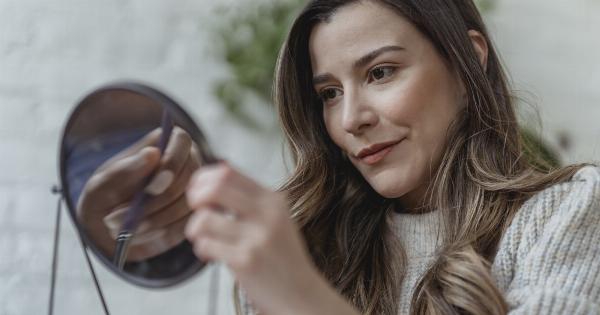Blue light, also known as high-energy visible (HEV) light, is a type of light that is emitted by electronic devices such as laptops, phones, and tablets.
While most people are aware of the harmful effects of ultraviolet (UV) radiation on their skin, not many are aware of the impact that blue light can have on their skin. In this article, we’ll discuss how blue light is causing your skin to age faster and what you can do about it.
What Is Blue Light?
Blue light is a type of light that is part of the visible light spectrum. It has a shorter wavelength than UV radiation and is closer in wavelength to violet light.
Blue light has a higher energy level than other colors of light and is known to penetrate deeper into the skin.
Blue light is all around us, but it’s most commonly associated with electronic devices. Our phones, laptops, and tablets all emit blue light, and we’re exposed to it for hours on end every day.
In fact, research has shown that the average person spends over 10 hours a day looking at screens.
How Does Blue Light Damage Your Skin?
Research has shown that blue light can have a negative effect on your skin.
When blue light penetrates the skin, it can damage the skin’s dermis, which is the layer of skin that contains collagen and other proteins that give your skin its youthful appearance.
Blue light has been shown to cause oxidative stress in the skin, which can lead to the breakdown of collagen and elastin. Collagen is the protein in your skin that gives it structure, while elastin is the protein that gives your skin its elasticity.
When collagen and elastin break down, your skin loses its firmness and elasticity, leading to wrinkles, sagging, and other signs of aging.
Blue light can also stimulate the production of melanin, the pigment that gives your skin its color. While this may sound like a good thing, too much melanin can lead to hyperpigmentation, which can cause dark spots and uneven skin tone.
What Can You Do To Protect Your Skin From Blue Light?
Protecting your skin from blue light isn’t as hard as it may seem. There are several things you can do to reduce your exposure and protect your skin:.
1. Use A Screen Protector
One of the easiest ways to reduce your exposure to blue light is to use a screen protector. There are several types of screen protectors that can block blue light, including tempered glass protectors and anti-glare protectors.
2. Take Regular Breaks From Your Screen
Another way to reduce your exposure to blue light is to take regular breaks from your screen. Try to take a break every 20 minutes or so and look away from your screen for at least 20 seconds.
This can help reduce eye strain and give your skin a break from blue light.
3. Use Blue-Light Blocking Glasses
Blue-light blocking glasses are a great way to protect your eyes and skin from blue light. These glasses have special lenses that block out blue light, reducing your exposure and helping your skin stay healthy.
4. Use Skincare Products That Contain Antioxidants
Antioxidants are compounds that help fight oxidative stress in the skin. Using skincare products that contain antioxidants can help protect your skin from the damaging effects of blue light.
Look for products that contain ingredients like vitamin C, vitamin E, and niacinamide.
The Bottom Line
Blue light is all around us, and while it may seem harmless, it can have a negative effect on our skin. Taking steps to protect your skin from blue light can help reduce your risk of premature aging and other skin problems.
By using a screen protector, taking regular breaks from your screen, using blue-light blocking glasses, and using skincare products that contain antioxidants, you can help keep your skin looking healthy and youthful.































